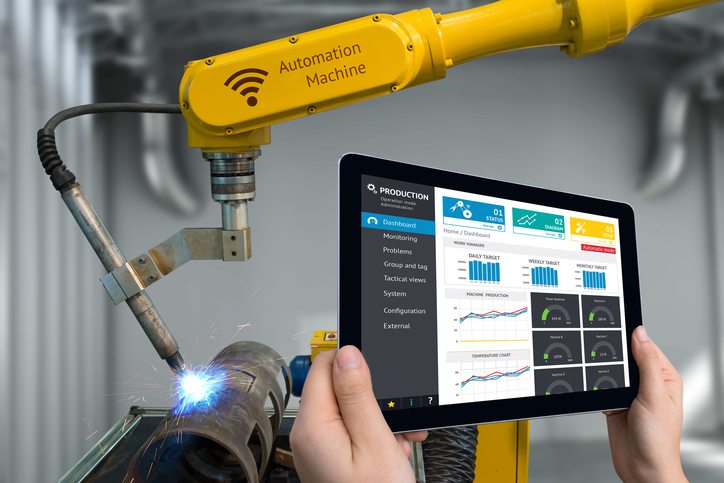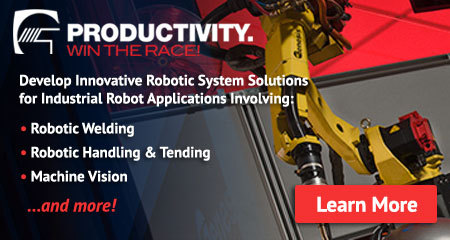How the IIoT and Industrial Robotics Are Advancing

The Industrial Internet of Things (IIoT) is rapidly transforming manufacturing environments, with industrial robotics at the forefront of this digital revolution. As factories become more connected, robots are no longer just tools for repetitive tasks—they’re becoming intelligent, adaptive systems that drive efficiency, precision, and innovation.
Modern industrial robots are evolving beyond traditional automation. They now feature advanced sensors, machine learning capabilities, and real-time data processing, allowing them to make decisions and adapt on their own. This evolution is not just about speed or accuracy—it's about creating smarter, more responsive production lines that can keep up with the demands of a fast-changing market.
Connectivity: The New Standard in Industrial Robotics
At the heart of this transformation is the IIoT, which enables seamless communication between machines, systems, and people. This level of connectivity allows manufacturers to monitor, control, and optimize robotic operations in real time. The result? Greater productivity, reduced downtime, and improved return on investment.
A great example of this is Oshkosh Defense, a company that implemented a cloud-based system to manage its robotic welding operations. By integrating IIoT technology, they were able to track robot performance, analyze data, and quickly resolve issues. The outcome was a 20% increase in workcell uptime and a major boost in overall productivity.
This kind of connectivity isn’t just beneficial for large-scale manufacturers—it’s becoming essential for companies looking to stay competitive in an increasingly automated world.
Agility and Flexibility: The Future of Manufacturing
Today’s factories are often rigid and slow to adapt. However, as IIoT continues to expand, the future of manufacturing will be defined by agility. Fully connected robotic systems will allow for real-time adjustments, faster reprogramming, and seamless integration with other production elements.
This shift toward smart, flexible automation means manufacturers can respond more quickly to changing consumer demands and market conditions. It also reduces waste, lowers costs, and improves product quality. With IIoT-driven robotics, the factory floor is no longer a fixed environment—it becomes a dynamic, responsive ecosystem.
Industry 4.0 is already here, and it’s reshaping the way we think about automation. Companies that embrace these technologies today are setting themselves up for long-term success.
Genesis Systems Group is one such leader in the field of industrial robotic integration. Their expertise helps automotive manufacturers implement cutting-edge robotic solutions that deliver measurable results. Whether it’s improving efficiency or enabling new production capabilities, Genesis is helping shape the future of manufacturing.

Stamping Parts,Custom Metal Stampings,Precision Metal Stamping,Stamping Aluminum Sheet Metal
Suzhou Linmi Precision Machinery Co., Ltd. , https://www.linmicnc.com